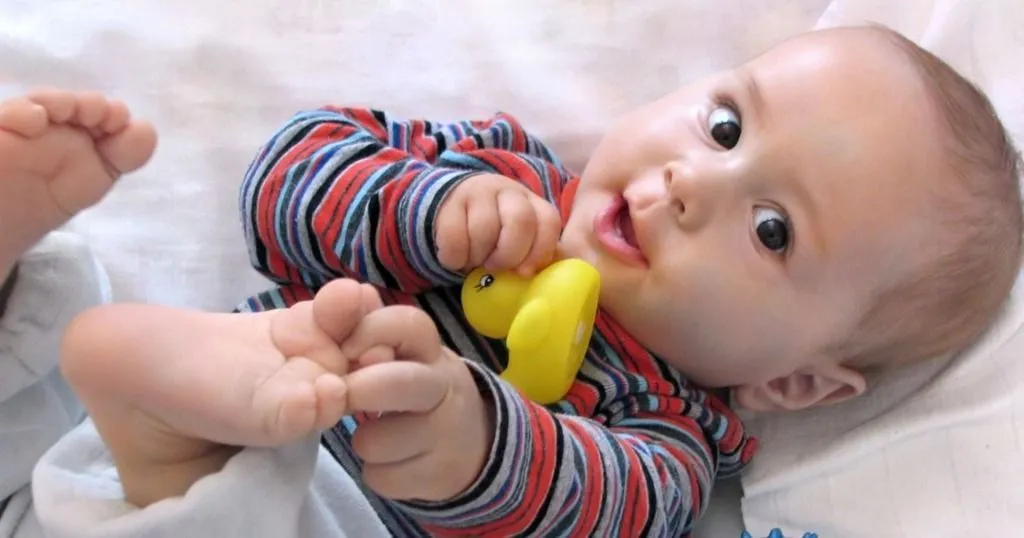Three examples of autism research studies
Knowledge is the key to developing a better understanding of autism. Researchers often observe and code behavior in combination with other research methods.
Posted by
Published on
Thu 29 Nov. 2012

Knowledge is the key to developing a better understanding of autism. Researchers often observe and code behavior in combination with other research methods such as questionnaires or parental interviews to be able to understand, recognize, and explain specific behaviors that are linked to autism.
Three examples of autism research studies
1. Novel social object learning task
Take for example a study Bhat et al. (2010) carried out – it included a novel social object learning task, where novel stands for a not often used triadic interaction: infant, object, and social interaction with a caregiver. Naturally, you can ask the caregiver afterwards about his or her experiences. But, behavioral observation will deliver more in-depth information about the triadic interaction.
2. New insights into self-injury behavior
New insights into self-injury behavior are presented by Sandman et al. 2012. T-pattern analysis allowed them to reveal temporal patterns associated with self-injurious events. The purpose of Sandman’s study was to determine if self-injury behavior was nested in complex behavioral networks and to determine the influence of its occurrence on the organization of behavioral-environmental interactions.
3. Observing classroom behavior
Feldman Klein and Matos (2012) observed behavior in classrooms. This study investigates if paraprofessionals could learn to implement social facilitation procedures based on Pivotal Response Treatment. Behavioral observations provided insight in social interactions.
The combination of observations and questionnaires allows researchers to detect specific verbal and non-verbal behaviors that may be indicators of autism. In a free white paper we will describe how and why observational research methods are used in autism research worldwide and thus try to answer two questions: why observe behavior and how to observe behavior in a structured way.
References
- Bhat, A.N.; Galloway, J.C.; Landa, R.J. (2010). Social and non-social visual attention patterns and associative learning in infants at risk for autism. Journal of Child Psychology and Psychiatry, 51 (9), 989-997.
- Sandman, S.A.; Kemp, A.S.; Mabini, C.; Pincus, D.; Magnusson, M. (2012). The role of self-injury in the organization of behaviour. Journal of Intellectual Disability Research, 56 (5), 516-526.
- Klein Feldman, E.; Matos, R. (2012). Training paraprofessionals to facilitate social interactions between children with autism and their typically developing peers. Journal of Positive Behavior Interventions, doi 10.1177/1098300712457421.
Related Posts

The response of oxytocin to mother-infant interaction

Positive Behavior Support: Good behavior can be learned


